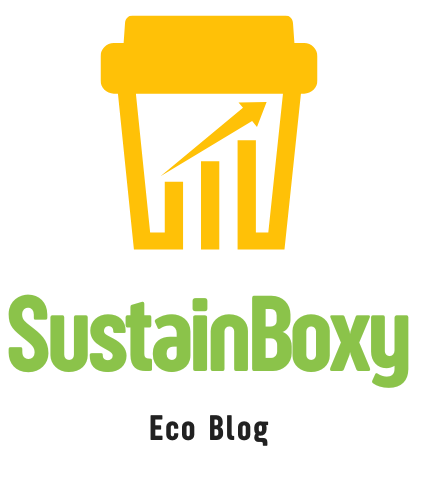Introduction
As environmental awareness heightens, businesses are increasingly turning to sustainable practices, particularly in packaging.
Custom printed compostable packaging sleeves are emerging as a pivotal solution for retail products, combining brand enhancement with ecological responsibility. This post explores the multifaceted benefits and considerations of adopting these innovative packaging options.
The Rise of Compostable Packaging in Retail
The shift towards sustainable packaging solutions has been largely driven by consumer demand and regulatory pressures.
Compostable packaging sleeves, made from materials like PLA (polylactic acid) derived from renewable resources such as corn starch, offer a viable alternative to traditional plastic. These materials break down into natural elements within a compost environment, posing minimal impact to the ecosystem.
Adoption rates have soared as retailers recognize not only the environmental benefits but also the marketing advantages of green packaging.
Companies like Coca-Cola and Unilever have already introduced compostable packaging for some of their products, setting a precedent that many smaller companies are beginning to follow.
Customization and Branding Opportunities
Custom printed compostable sleeves offer significant branding opportunities. They allow businesses to display logos, messages, and other brand-specific designs directly on the packaging.
This not only enhances brand visibility but also communicates a company’s commitment to sustainability, appealing to eco-conscious consumers.
For instance, a coffee shop using branded compostable cups can create a consistent brand experience that customers appreciate and remember. This strategy can increase brand loyalty and potentially boost sales, as consumers are more likely to support businesses that align with their values.
Cost Considerations
One of the primary hesitations businesses face with compostable packaging is cost. Initially, compostable materials can be more expensive than conventional plastics due to the advanced technology and less pervasive manufacturing processes involved.
However, the long-term cost benefits can offset these initial investments.
Businesses can reduce their waste management costs, as compostable packaging does not require the same disposal fees as traditional plastic packaging.
Moreover, as production technology advances and becomes more widespread, the costs of compostable materials are expected to decrease, making them more competitive with conventional options.
Consumer Perception and Market Trends
Consumer perception of compostable packaging is overwhelmingly positive. A recent survey indicated that over 70% of consumers prefer buying products that are sustainably packaged.
This preference is particularly strong among younger demographics, who are often more environmentally aware and willing to pay a premium for sustainable products.
Market trends also show a growing segment of consumers actively seeking out products with green credentials, which includes packaging. Retailers that adapt to these preferences not only cater to a growing market but also position themselves as leaders in sustainability, enhancing their overall market competitiveness.
Environmental Impact and Compliance
Switching to custom printed compostable packaging sleeves significantly reduces the environmental impact of a business’s packaging needs.
These materials are designed to degrade quickly and safely when composted, without leaving harmful residues. This can substantially decrease the volume of waste sent to landfills and the associated greenhouse gas emissions.
Furthermore, many regions are now implementing stricter regulations on packaging materials, requiring businesses to adopt more sustainable practices. Utilizing compostable packaging not only ensures compliance with these regulations but can also preempt future legislative changes that could impose more stringent requirements.
Implementation Challenges
Despite the advantages, transitioning to compostable packaging can present challenges. The integration of new packaging materials often requires adjustments in production processes.
Businesses must ensure that the materials used are compatible with their existing equipment or be prepared to invest in new machinery.
Additionally, education is crucial. Both consumers and staff need to understand how to properly dispose of compostable packaging to ensure it is processed correctly and achieves its environmental benefits.
Future Outlook and Innovations
The future of compostable packaging is promising, driven by continuous advancements in biodegradable materials and printing technologies.
Innovations such as improved barrier properties and extended shelf life for sensitive products are expected to enhance the applicability of compostable options across a broader range of retail products.
As technology progresses and consumer demand for sustainable products increases, it is likely that compostable packaging will become a standard practice in the retail industry, further aligning business operations with environmental sustainability.
Conclusion
Custom printed compostable packaging sleeves represent a strategic investment for retail businesses aiming to enhance their brand and align with consumer values.
While initial costs and implementation hurdles exist, the long-term benefits of customer loyalty, regulatory compliance, and reduced environmental impact offer compelling reasons for businesses to adopt this innovative packaging solution.




